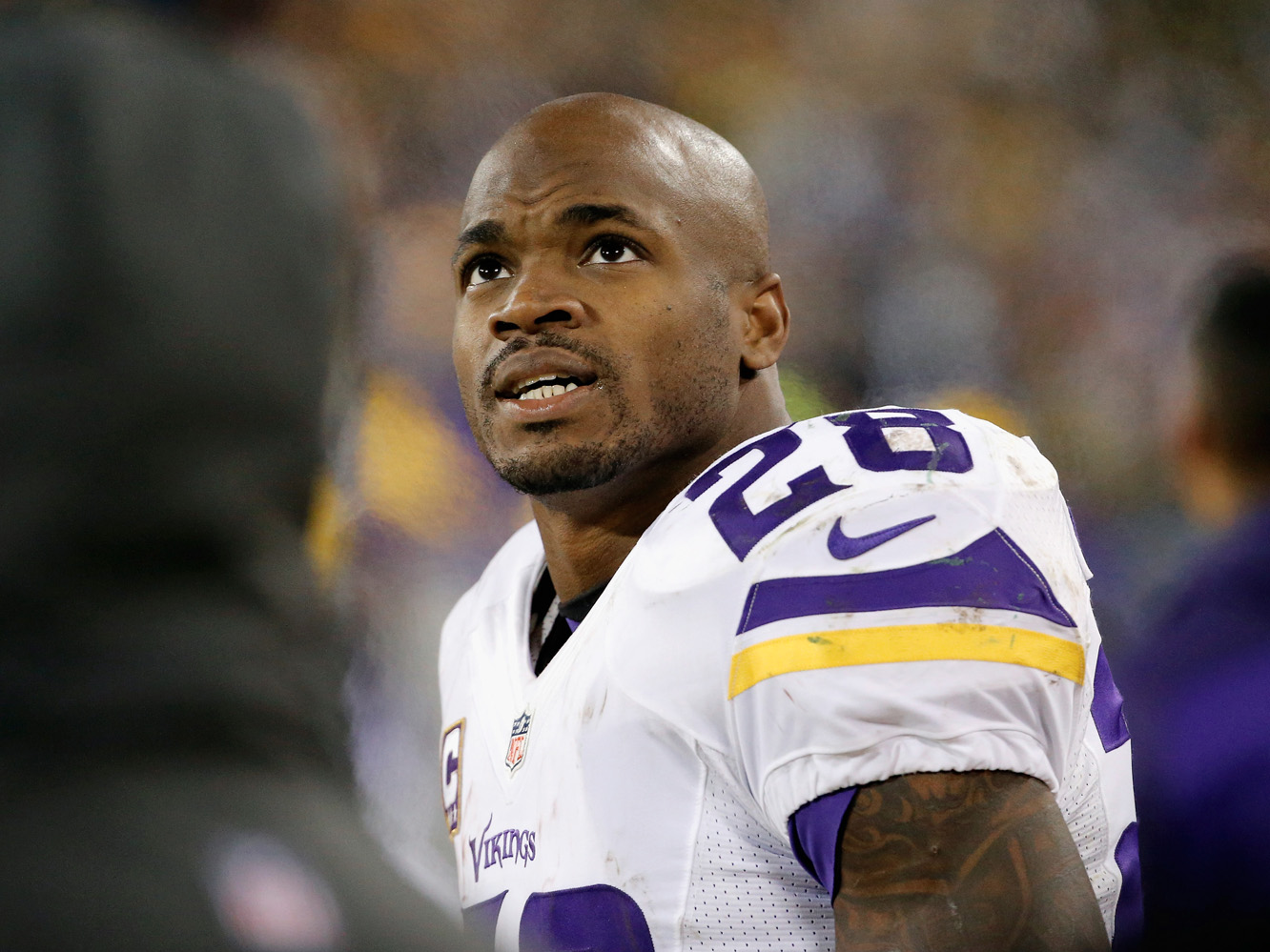The worst position to be in the NFL today is a running back hitting free agency.
As the NFL has become more pass-heavy, running backs have become less dominant and a less desired position.
And as teams come to increasingly view running backs as interchangeable, teams are less likely to spend big money to keep or sign running backs.
Through the first weeks of free agency, the market has been desolate for running backs. Even with several big-name players available, only a handful have been signed, and those signings haven’t come with much money or long-term security.
Take, for instance, the deal that Latavius Murray signed with the Minnesota Vikings. Murray ran for 788 yards, four yards per carry, and 12 touchdowns on 195 carries in 2016. He ran for over 1,000 yards in 2015. Those are not elite stats, but it’s noteworthy production for a 27-year-old running back. Murray signed for three years, $15 million in Minnesota. According to Over the Cap, Murray got $3 million guaranteed at signing, but his contract can essentially be voided after the first year, with a minimal cap hit of $1.2 million in 2018.
Elsewhere, the deals have been similarly team-friendly. Eddie Lacy, a 26-year-old running back who (despite weight and injury issues the last two seasons) ran for over 1,000 yards in his first two seasons, signed a one-year, $5.5 million deal with the Seahawks, with only $3 million guaranteed.
And those are some of the biggest signings of the period. Other far lesser-known running backs like Shaun Draughn, Andre Ellington, and Rex Burkhead have signed for less.
Meanwhile, several big-name running backs remain unsigned and few teams seem to be showing interest. Adrian Peterson has expressed interest in signing with certain teams, but hasn't seemed to draw the same interest in return.
LeGarrette Blount ran for 1,161 yards and 18 touchdowns last season with the Patriots and still remains on the market.
Jamaal Charles was released from the Chiefs at the beginning of the new league year and similarly hasn't drawn much interest.
Of course, these players all have something in common - they're physical running backs with a history of injuries, heavy workloads, and plenty of miles under their belts. It doesn't take much to realize that signing these players to high-priced, long-term contracts would not be a good strategy.
However, it still remains a big difference from one year ago, when running backs like Chris Ivory (now 28) signed a five-year, $32 million contract with the Jaguars, with $10 million guaranteed, and Doug Martin (also 28) signed a five-year, $35 million contract with the Buccaneers, with $15 million guaranteed.
The NFL increasingly seems to be moving away from these types of commitments to running backs. In turn, drafting running backs or turning to players already on the roster and plugging them into a scheme seems more common.
Obviously, having a strong running back can help a team - the Pittsburgh Steelers and Dallas Cowboys surely aren't in a hurry to lose Le'Veon Bell or Ezekiel Elliott. But aside from the top running backs in the league, teams seem to view the position are interchangeable, and it's drying out the free agent market.

